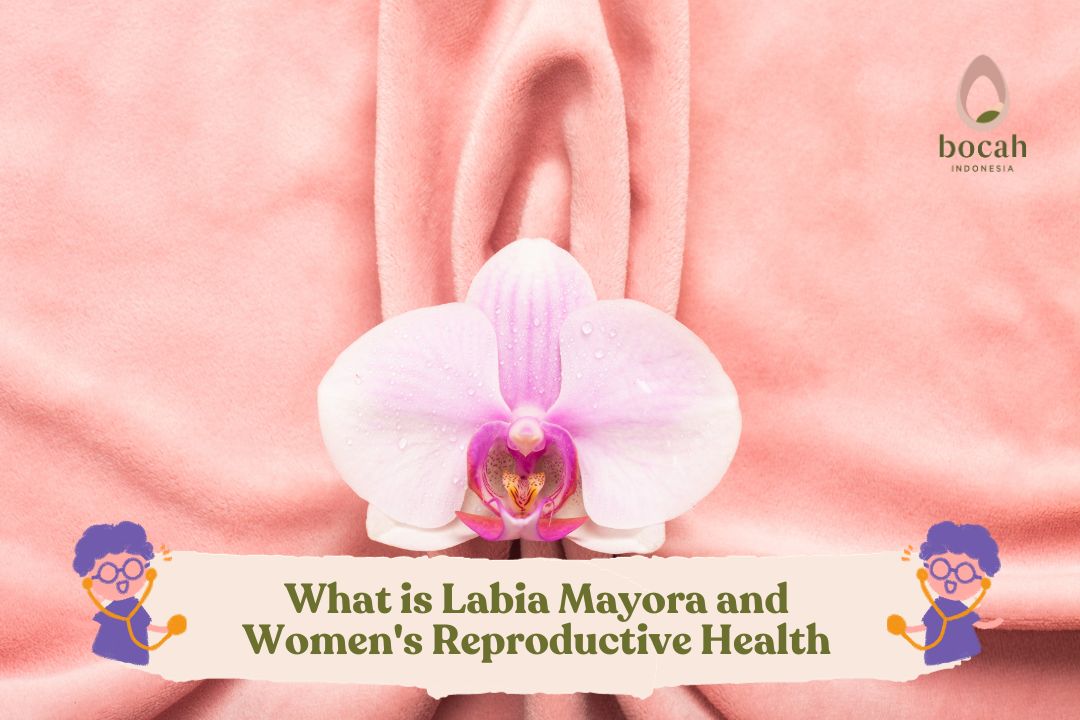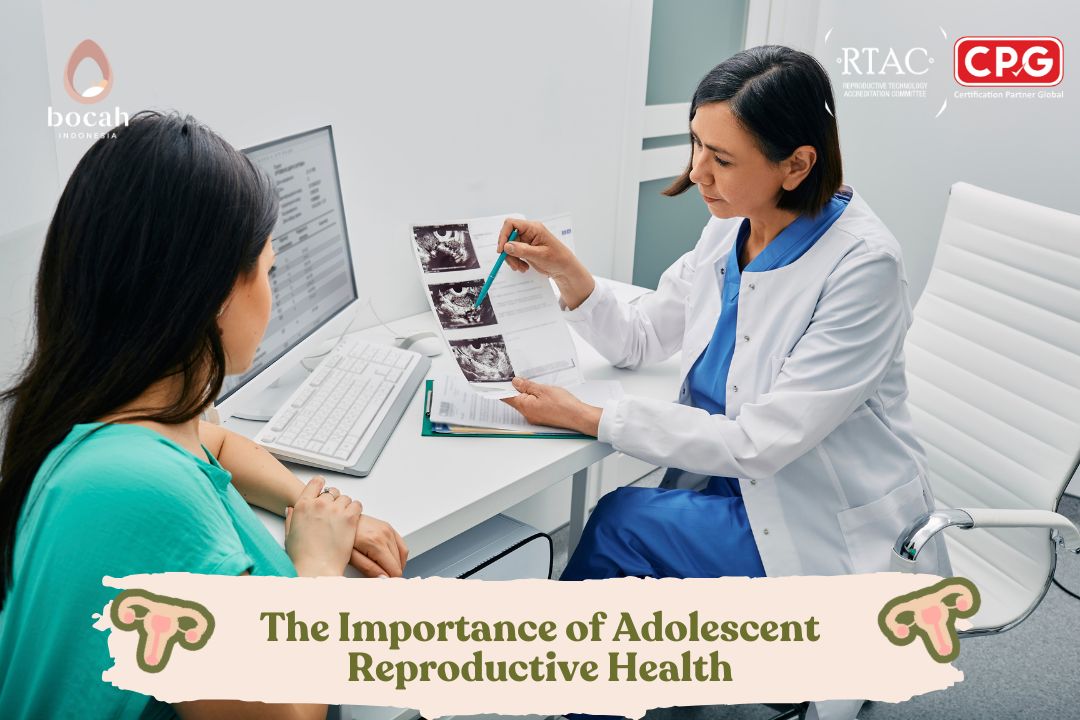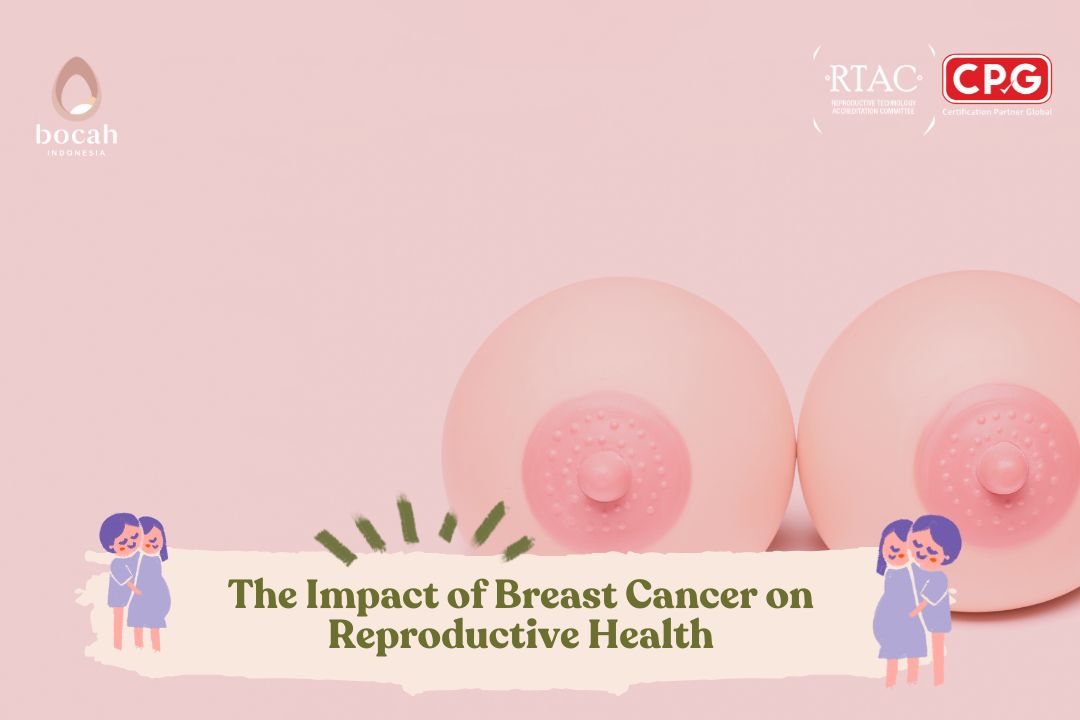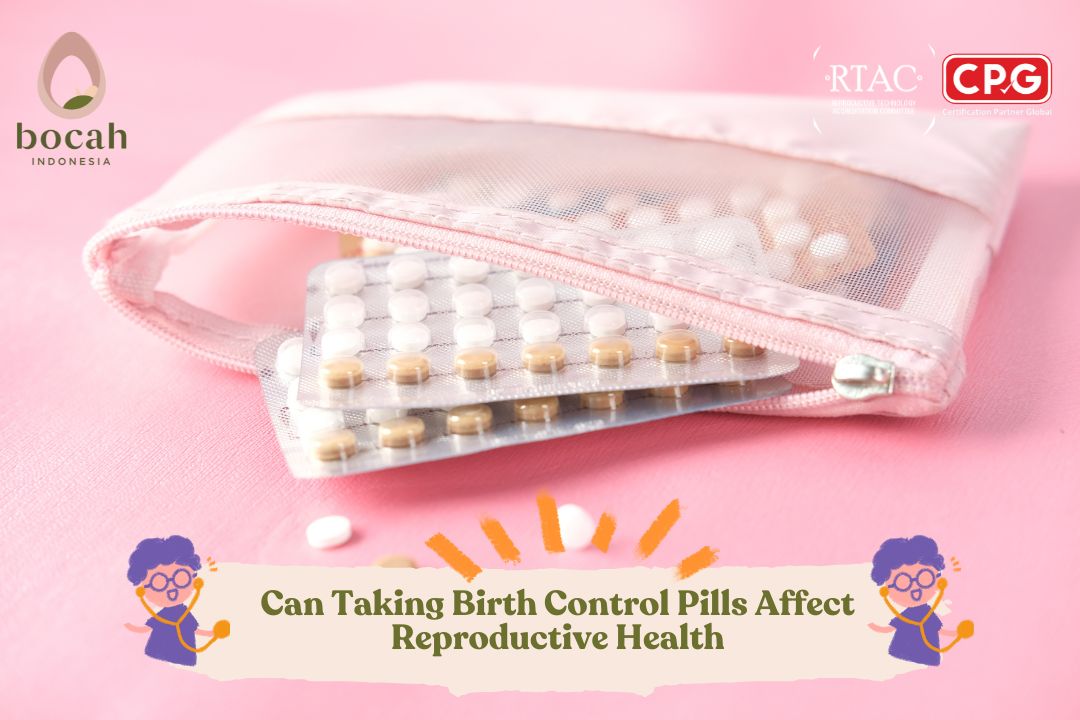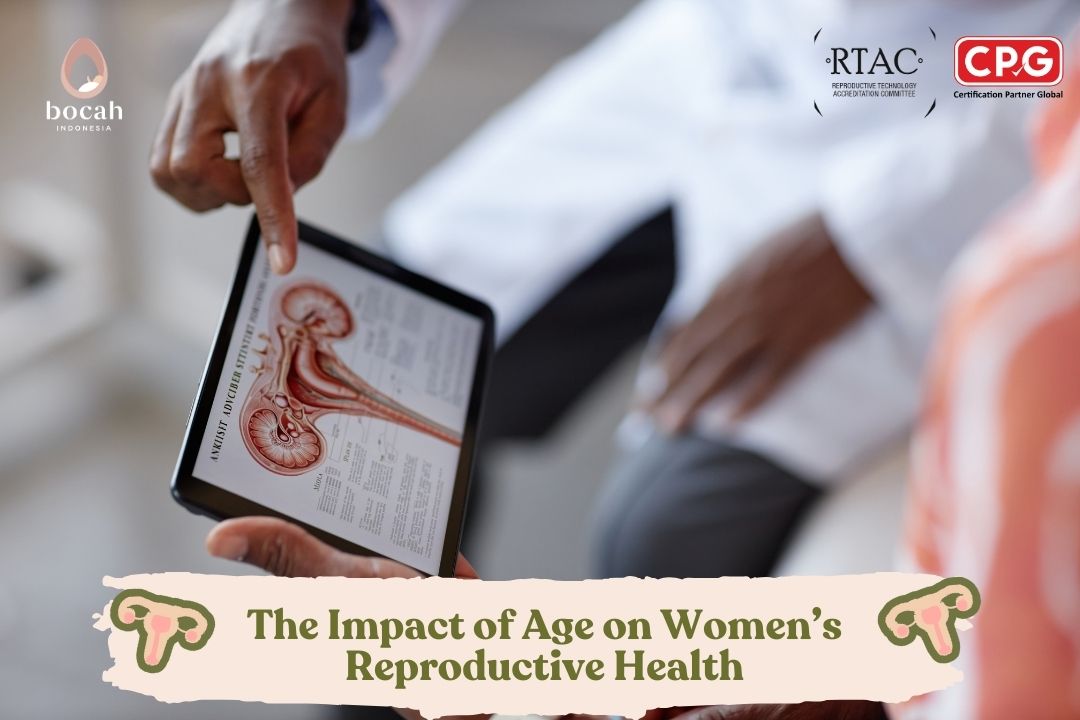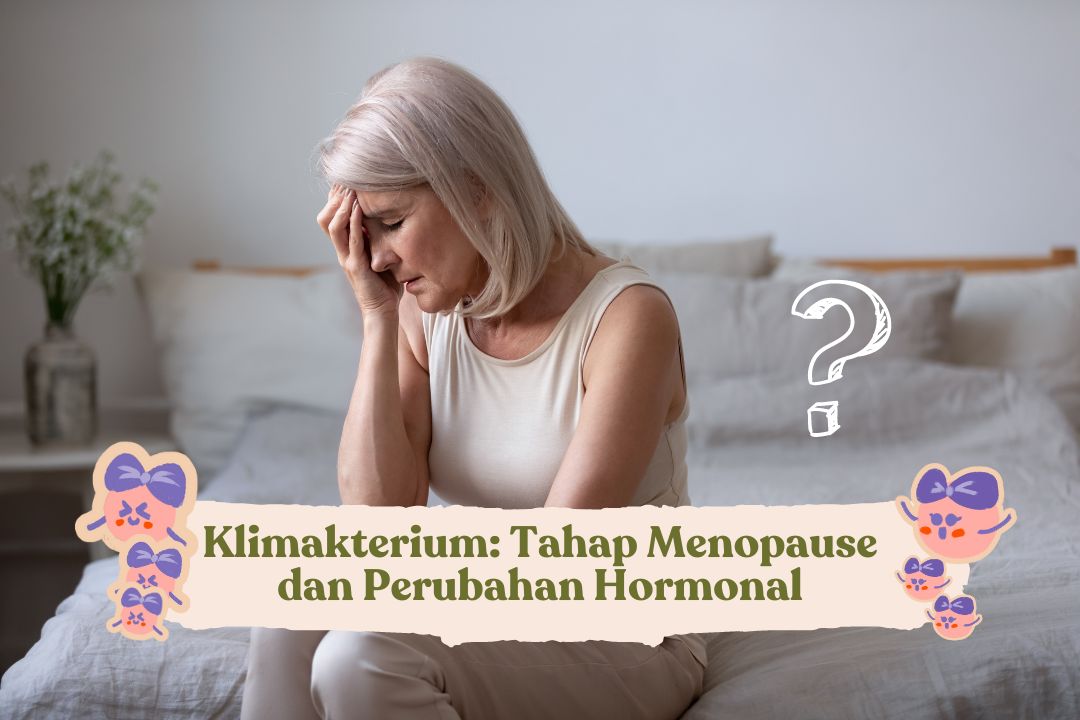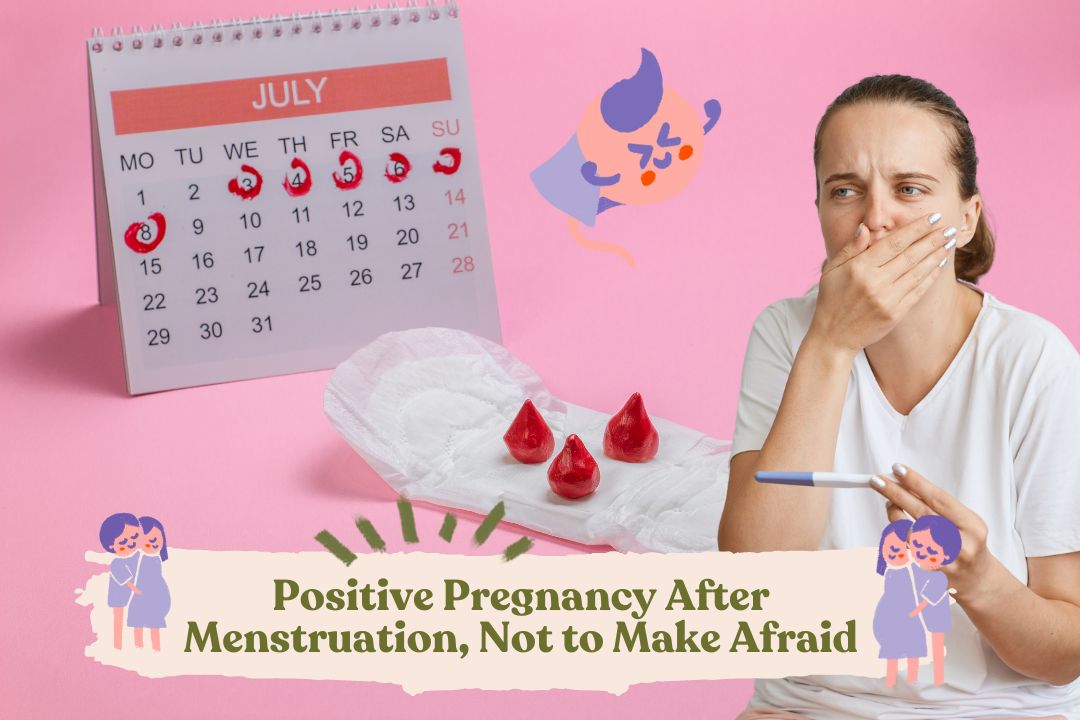4 Reproductive Health Disorders After Menopause
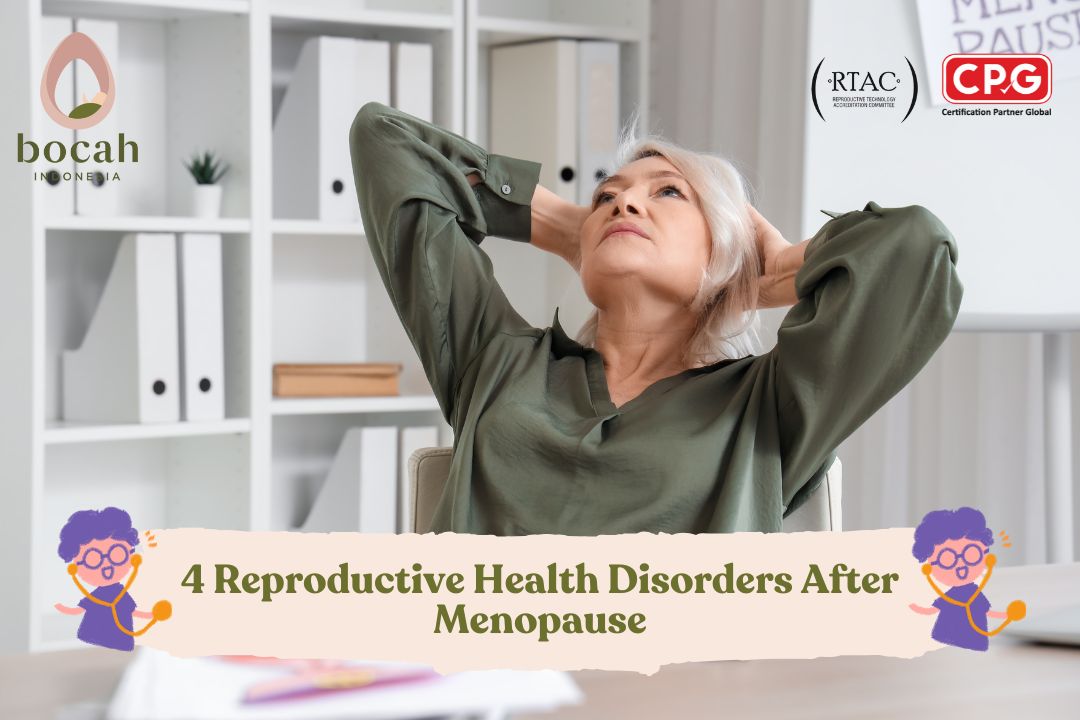
After experiencing menopause, a woman’s reproductive organs may face several health challenges. What are these potential reproductive health disorders?
Menopause is a natural phase where a woman no longer menstruates for 12 consecutive months. It is not a medical condition but a normal transition in a woman’s life. This stage typically begins after the age of 45, though in some cases it may occur earlier due to medical conditions or specific treatments.
The decline in estrogen levels significantly alters various bodily functions, which can lead to reproductive health issues.
What Reproductive Disorders Can Occur After Menopause?
Once a woman no longer menstruates, the cervical mucus no longer thickens mid-cycle — a sign of ovulation. The following are some reproductive issues that can occur post-menopause:
1. Vaginal Dryness
With menopause, the vaginal tissues and tiny glands shrink, resulting in dryness and even itching. This often disrupts sexual intimacy.
Mulai Journey of Hope
To relieve this, lubricants can be used during intercourse. If symptoms persist, it is advisable to consult a doctor for hormone therapy, such as estrogen in pill or cream form.
2. Sexual Dysfunction
One possible reproductive disorder post-menopause is sexual dysfunction — characterized by a loss of libido or difficulty achieving orgasm.
This can be caused by psychological factors, side effects of medication, or discomfort from vaginal dryness. Professional consultation with a doctor or therapist can help identify the cause and determine the appropriate treatment.
3. Vaginal Atrophy
The drop in estrogen also leads to vaginal atrophy, a condition where the vaginal walls become thin, dry, and inflamed.
Symptoms include a burning or itching sensation and pain during intercourse. Additional symptoms may include frequent urination and pain during urination.
4. Urinary Tract Infection (UTI)
UTIs are also common reproductive issues post-menopause. Estrogen reduction causes thinning of bladder tissues, weakening the bladder muscles and resulting in urinary leakage during activities like coughing, laughing, or sneezing.
Other symptoms may include an increased urge to urinate, burning sensation during urination, and more severe urine leakage.
Can a Woman Become Fertile Again After Menopause?
In general, a woman cannot become pregnant naturally after menopause, as her egg reserves are depleted. However, if she has previously frozen her eggs, pregnancy may be possible through in vitro fertilization (IVF).
That said, pregnancies during post-menopausal years (typically age 40–55) are considered high-risk, and complications may include:
-
Premature birth
-
Low birth weight
-
Miscarriage
-
Placenta previa
-
Gestational diabetes
How to Prevent Post-Menopausal Reproductive Disorders?
Though menopause is a natural, inevitable process, women can take steps to minimize its impact on reproductive health:
-
Engage in regular physical exercise
-
Maintain a healthy diet rich in fruits, vegetables, and whole grains
-
Quit smoking and avoid exposure to cigarette smoke
-
Practice Kegel exercises to strengthen the pelvic floor
-
Ensure adequate sleep and rest
These reproductive health issues do not affect every woman post-menopause, but if you experience any of them, don’t worry — most can be addressed effectively with the right approach.
Source:
- Santoro, N., et al. (2012). Reproductive Hormones and the Menopause Transition. Obstet Gynecol Clin North Am. 2011 Sep; 38(3): 455–466.
- Peacock, K., et al. (2023). Menopause. NCBI Bookshelf.


